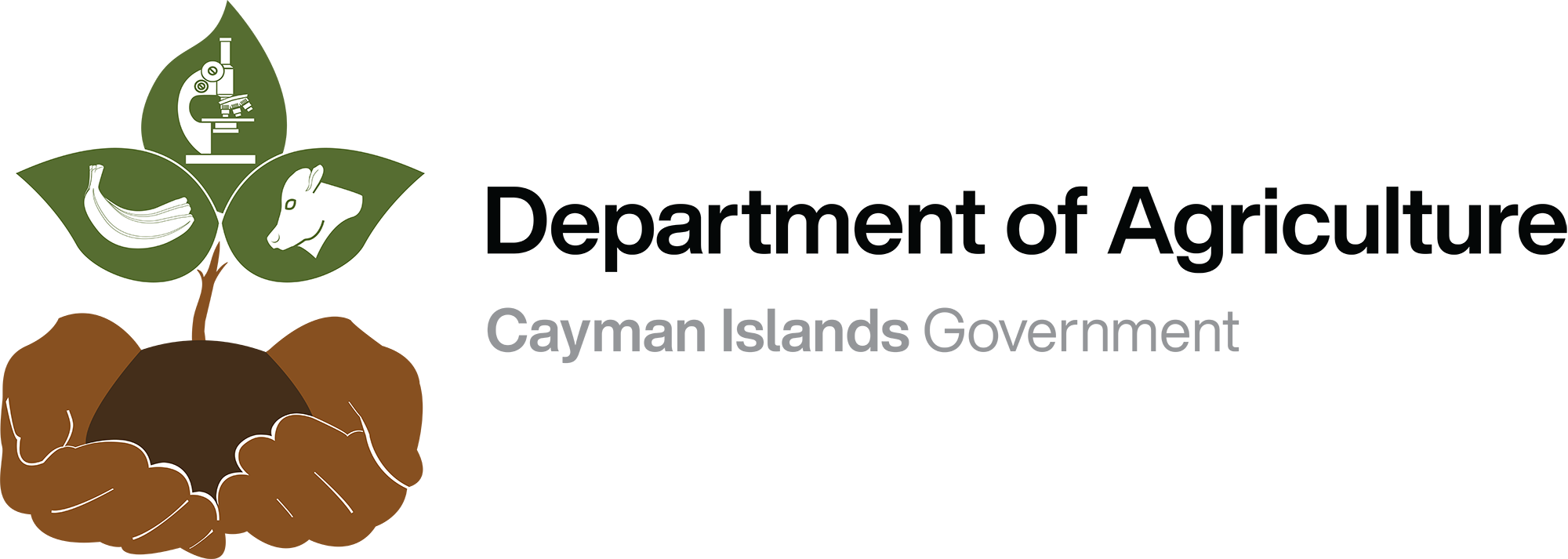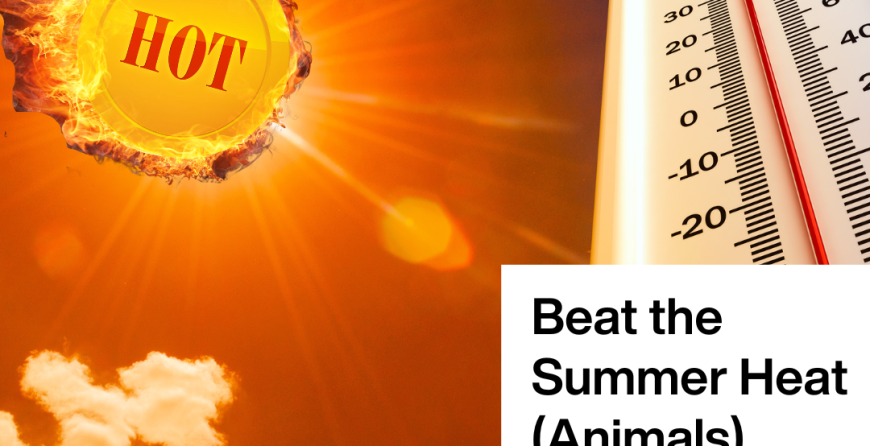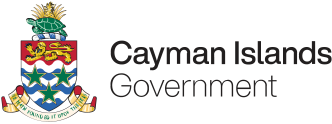DID YOU KNOW? Heat impact on animals is just as bad as on humans!
Heat Stress poses a threat to livestock and pets during the very warm summer months. Increased respiration, lack of energy, and even death can occur. Keeping an eye on the weather forecasts and developing a plan for days of high to extreme temperature are essential in ensuring that your animals will have sufficient shade, adequate nutritional supplementation, and portable drinking water on those very hot days.
Animal Water Quality
It is important to provide your animals (dogs, cats, cattle, pigs, chickens, goats, horses, etc) with clean drinking water that is of good quality and is cool, and portable. Based on local lab results water sourced from wells are not of the best quality of drinking water for humans nor for animal consumption, as it can intensify heat stress. It is recommended to provide animals with city water versus well water for drinking.
Water availability, good water quality and cleanliness of the water container are extremely important for increasing water intake, improving livestock production, feed conversion, and overall animal health. Drinking water containing salts of various heavy metals, or abnormal levels of other impurities may be toxic or fatal to animals.
Let us continue to check our water supplies and provide clean containers for our livestock and domesticated animals.
Poultry (Broilers/Layers) –Reduce heat stress by:
- Providing treated/clean, cool, and potable drinking water in clean drinking containers
- Purification of drinking water using 5-7% chlorine bleach; rate: 1 tablespoon or 15ml to every 25gallons of water & keep drums/tank covered
- Place a covering over tanks and bury/insulate waterlines from direct sun exposure
- Ice can be placed in drinking water containers at the hottest times of the day
- Ensure that all 4 sides of poultry house are fully ventilated…no ply, no zinc, strictly MESH!!! (from 2 block heights from floor to roof)!!!
- Having a roof-to-floor height of a least 12 feet on lowest sides & 15 feet on tallest aspect: Remember… “galvanized sheets will transfer the heat and pre-maturely ‘jerk’ the meat!”
- If birds are panting excessively around the hottest times of day, elevate feed containers for 2-3 hours out of reach of bird to assist in heat dissipation
- Provide vitamins, minerals and electrolyte supplements in drinking water every 5-10 days to maintain hydration and proper organ functions
- Ensure provision of adequate waterers & feeders 24/7 … 1 manual 2.5-gal drinker to every 20 birds, 1 automatic water plasson to every 30-50 birds
- Providing adequate litter/bedding, turning/raking at least 2x daily. Must have a depth of at least 4 inches
- For birds older than 2 weeks (after brooding) raise curtains or suspend in a diagonal fashion (creating cross ventilation whilst shielding from the elements)
- Install extractor fans or rotating fans where necessary
For more information on how to reduce the heat stress in your poultry farm, call 34-947-3090 to speak to our National Egg Strategy Officer or email daniel.palcu@gov.ky.
Livestock/Ruminants-reduce the impact of heat stress by applying some principles of Cow Comfort:
- Provide clean, potable water in clean troughs 24/7
- Ensure that animals have access to forage (hay or freshly chopped grass) 24/7. Do not overfeed/overly rely on concentrates!
- Provide adequate shade! Use pens without galvanised shed and incorporate the use of shade cloths (same used on sides of “green houses”)
- Roof of sheds being at least 16 feet roof-floor height being able to comfortable house all animals
- Make minerals/electrolytes available in water or solid form ad libitum (eg. aminogrow or mineralytes available at sales office)
- Maximize feed availability/intake during the coolest portion of a 24hour period
For more information on how to reduce the heat stress in your livestock, call 34-947-3090 to speak to our Veterinary Officers or email ci.agriculturevs@gov.ky.
For the items listed above at our Sales Office in Agricola Drive Lower valley, they are open Monday – Friday 8:15am – 4:30pm and on Saturday 8:30am to 1:00pm.



